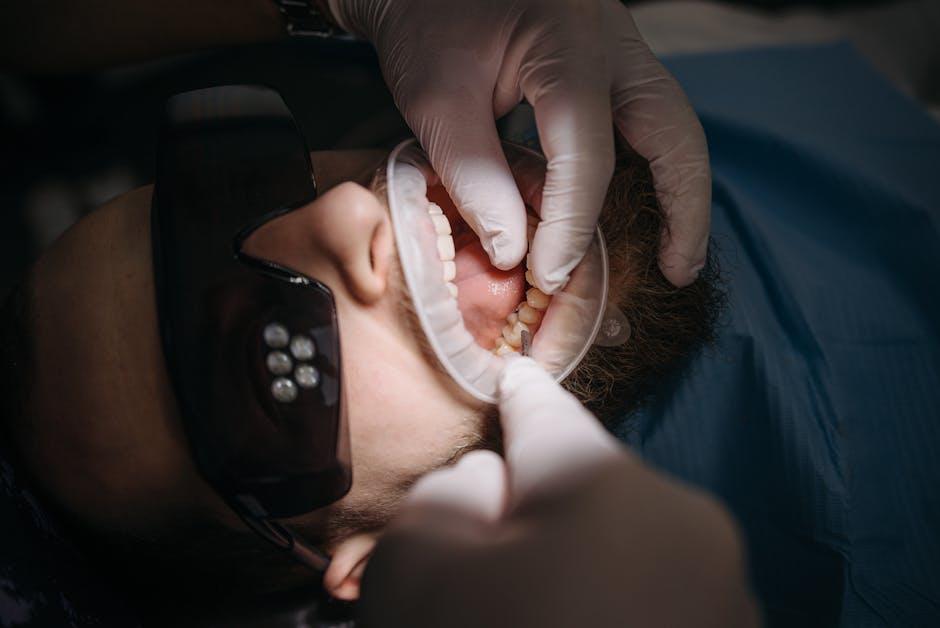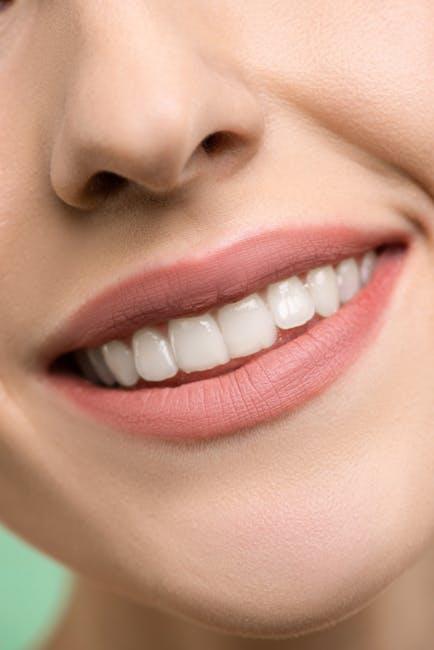
The Normalisation of Cosmetic Dentistry: Psychology Today Explores the Smile Revolution
In recent years, the rise of cosmetic dentistry has shifted from a niche luxury to a widely accepted and normalized facet of modern healthcare and self-expression. This cultural evolution has significant psychological implications, impacting self-esteem, social behavior, and personal identity. In this article, we delve into the reasons behind the normalization of cosmetic dentistry, explore its psychological benefits, and offer practical tips to navigate this smile revolution confidently.
What is Cosmetic Dentistry?
Cosmetic dentistry refers to a range of dental procedures aimed at improving the appearance of teeth, gums, and bite. Unlike traditional dental treatments that prioritize oral health alone, cosmetic dentistry focuses on aesthetics and the enhancement of one’s smile. Common procedures include teeth whitening, veneers, bonding, orthodontics, and gum contouring.
Why is Cosmetic Dentistry Becoming Normalised?
The normalization of cosmetic dentistry is fueled by various social, technological, and psychological factors, including:
- Social Media Influence: Platforms like Instagram and TikTok glamorize flawless smiles, increasing public desire to replicate such aesthetics.
- Celebrity Endorsements: High-profile celebrities openly discuss their cosmetic procedures, reducing stigma.
- Advances in Technology: Non-invasive techniques and faster results make cosmetic dentistry more accessible and less intimidating.
- Greater Awareness of Oral Health: Increasing knowledge about how dental health correlates with overall well-being promotes proactive care.
- Shifts in Beauty Standards: Society’s expanding definition of beauty includes personalized self-expression, accommodating cosmetic dental procedures as part of self-care.
Psychological Impact of Cosmetic Dentistry
Transforming your smile can yield profound psychological effects. According to studies and clinical observations presented in Psychology Today, these effects can include:
- Boosted Self-Confidence: Enhanced smiles often lead to increased confidence in both social and professional settings.
- Reduction of Social Anxiety: Feeling good about one’s appearance can alleviate anxiety associated with social interaction.
- Improved Emotional Well-being: Positive body image contributes to overall happiness and mental health.
- Encouragement of Healthy Habits: Investing in cosmetic dentistry often motivates better oral hygiene and healthier lifestyle choices.
Table: Psychological Benefits of Cosmetic Dentistry
| Benefit | Effect | Psychological Outcome |
|---|---|---|
| Improved Appearance | Enhanced smile aesthetics | Higher self-esteem |
| Smile Comfort | Aligned, pain-free bite | Reduced anxiety |
| Positive Feedback | Compliments from peers | Increased social confidence |
| Health Awareness | Better oral hygiene routine | Overall well-being |
Case Studies: Personal Stories of Transformation
Consider these illuminating anecdotes demonstrating how cosmetic dentistry can reshape lives emotionally and socially:
- Emma’s Journey: A teacher who struggled with self-consciousness about her crooked teeth underwent orthodontic treatment followed by whitening. She reports feeling liberated and more engaged in classroom discussions.
- Jason’s Confidence Boost: After dental bonding fixed chipped teeth, Jason felt empowered to approach new career opportunities with greater optimism.
Benefits & Practical Tips for Cosmetic Dentistry
Key Benefits
- Enhanced Smile Aesthetics: Immediate improvement in visual appeal.
- Health Integration: Many procedures improve oral function along with appearance.
- Long-lasting Results: Durable materials and techniques offer sustained benefits.
- Customisation: Treatments tailored to individual facial features and preferences.
Practical Tips When Considering Cosmetic Dentistry
- Research Providers: Prioritize qualified, experienced cosmetic dentists with good reputations.
- Set Realistic Expectations: Understand what procedures can and cannot achieve.
- Prioritize Oral Health: Cosmetic treatments should complement overall dental health, not replace it.
- Budget Wisely: Cosmetic dentistry can vary widely in cost — seek options that balance quality and affordability.
- Consult Psychologically: Reflect on your motivations; cosmetic dentistry should support emotional well-being.
First-Hand Experience: Navigating the Smile Revolution
When I decided to explore cosmetic dentistry, I was initially driven by a desire to fix minor discoloration and gaps that made me hesitant to smile freely. My dentist recommended a combination of whitening and dental bonding, both minimally invasive and affordable options.
The psychological transformation was striking — I noticed a greater willingness to engage in conversations, attend social events, and even perform at work presentations. Most importantly, the journey reminded me that investing in oneself is not vanity but a form of self-respect and care.
Conclusion: Embracing the Smile Revolution with Confidence
The normalisation of cosmetic dentistry reflects broader societal changes that celebrate personal choice, mental well-being, and holistic health. As cosmetic dentistry becomes increasingly accessible and accepted, individuals can feel empowered to enhance their smiles—not just for aesthetic reasons but for profound psychological benefits.
If you are considering cosmetic dental procedures, remember to approach them thoughtfully and in consultation with professionals. A confident smile is more than just appearance—it’s a reflection of your inner health and happiness.
Embrace the smile revolution and let your confidence shine through!


